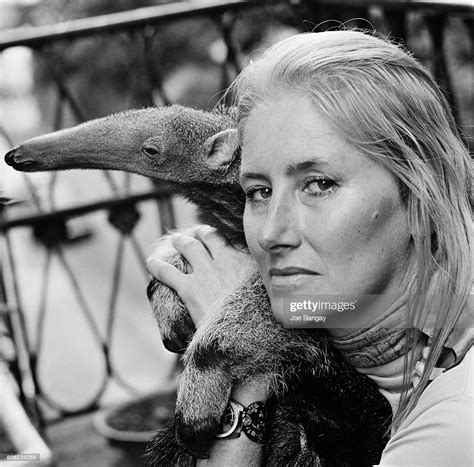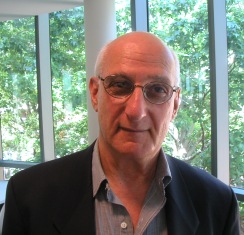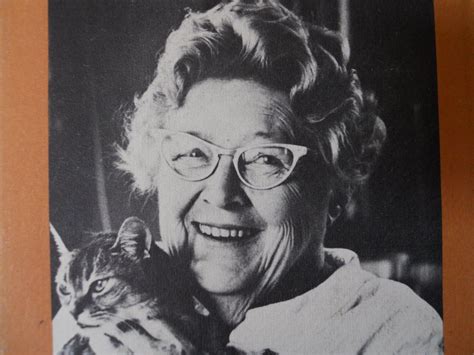A Quote by Ernest Hemingway
You expected to be sad in the fall. Part of you died each year when the leaves fell from the trees and their branches were bare against the wind and the cold, wintery light. But you knew there would always be the spring, as you knew the river would flow again after it was frozen. When the cold rains kept on and killed the spring, it was as though a young person died for no reason.
Related Quotes
This, at last, was where things were as they ought to be. Everything was in its place -- the tree, the earth underneath, the rock, the moss. In autumn, it would be right; in winter under the snow, it would be perfect in its wintriness. Spring would come again and miracle within miracle would unfold, each at its special pace, some things having died off, some sprouting in their first spring, but all of equal and utter rightness.
He had never liked October. Ever since he had first lay in the autumn leaves before his grandmother's house many years ago and heard the wind and saw the empty trees. It had made him cry, without a reason. And a little of that sadness returned each year to him. It always went away with spring. But, it was a little different tonight. There was a feeling of autumn coming to last a million years. There would be no spring. ("The October Game")
The day is cold, and dark, and dreary; It rains, and the wind is never weary; The vine still clings to the mouldering wall, But at every gust the dead leaves fall, And the day is dark and dreary. My life is cold, and dark, and dreary; It rains, and the wind is never weary; My thoughts still cling to the mouldering past, But the hopes of youth fall thick in the blast, And the days are dark and dreary. Be still, sad heart! and cease repining; Behind the clouds is the sun still shining; Thy fate is the common fate of all, Into each life some rain must fall, Some days must be dark and dreary.
Have you ever noticed a tree standing naked against the sky, How beautiful it is? All its branches are outlined, and in its nakedness There is a poem, there is a song. Every leaf is gone and it is waiting for the spring. When the spring comes, it again fills the tree with The music of many leaves, Which in due season fall and are blown away. And this is the way of life.
That was on a night in August. Dad Lewis died early that morning and the young girl Alice from next door got lost in the evening and then found her way home in the dark by the streetlights of town and so returned to the people who loved her. And in the fall the days turned cold and the leaves dropped off the trees and in the winter the wind blew from the mountains and out on the high plains of Holt County there were overnight storms and three-day blizzards.
Flower god, god of the spring, beautiful, bountiful,
Cold-dyed shield in the sky, lover of versicles,
Here I wander in April
Cold, grey-headed; and still to my
Heart, Spring comes with a bound, Spring the deliverer,
Spring, song-leader in woods, chorally resonant;
Spring, flower-planter in meadows,
Child-conductor in willowy
Fields deep dotted with bloom, daisies and crocuses:
Here that child from his heart drinks of eternity:
O child, happy are children!
I don't think the Arab Spring had much to do with energy. I think it was just the opposite, in fact. I think the Arab Spring happened because particularly young people knew they were living in a context where they could not realize their full potential, that they are being kept down by their own governments.
People "died" all the time. . . . Parts of them died when they made the wrong kinds of decisions-decisions against life. Sometimes they died bit by bit until finally they were just living corpses walking around. If you were perceptive you could see it in their eyes; the fire had gone out. . . you always knew when you made a decision against life. The door clicked and you were safe inside-safe and dead.
Back and forth she went each morning by the river, spring arriving once again; foolish, foolish spring, breaking open its tiny buds, and what she couldn’t stand was how—for many years, really—she had been made happy by such a thing. She had not thought she would ever become immune to the beauty of the physical world, but there you were. The river sparkled with the sun that rose, enough that she needed her sunglasses.





































